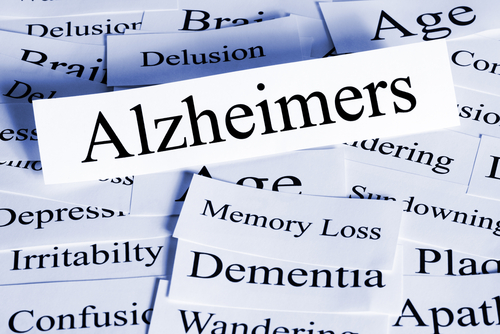Alzheimer’s disease risk reduced with regular diet and exercise
A healthy diet and regular exercise have been found to help lower a person’s risk of Alzheimer’s disease by protecting the brain from the changes that result in mental deterioration. The study looked at 44 patients with mild memory problems. The researchers found that those who followed the Mediterranean diet and were more physically active ...click here to read more













